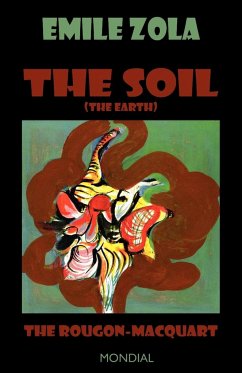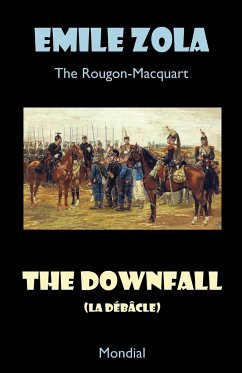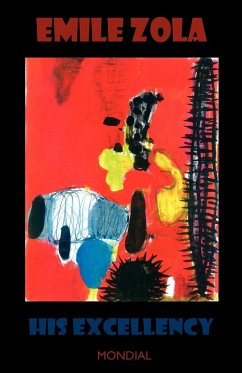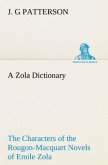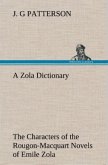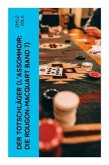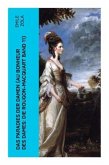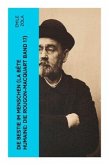The Soil (aka The Earth; French original title: La Terre), around which the greatest controversy has raged, is a novel which treats of the conditions of agricultural life in France before the war with Prussia (1870-1871), and the subsequent downfall of the Second Empire. It is, in some respects, the most powerful of all Zola's novels. In parts the book is Shakespearian in its strength. --- Jean Macquart, son of Antoine Macquart and brother of Gervaise (see The Fortune of the Rougons), having served his time in the Army, comes to the plain of La Beauce, and becomes an agricultural labourer on the farm of La Borderie, which belonged to Alexandre Hourdequin. He falls in love with a neighbour, Lise Mouche, and later her sister Francoise... --- The interest of the book is largely connected with the history of the Fouans, another family of peasants, the senior member of which, having grown old, divided his land among his three children. The intense and brutish rapacity of these peasants, their utter lack of any feeling of morality or duty, their perfect selfishness, not stopping short of parricide, form a picture of horror unequalled in fiction. --- This English translation of La Terre (in 1888) aroused such an outcry that a prosecution followed, and the translator and publisher, Henry Vizetelly, was sentenced to three months' imprisonment. (J. G. Patterson)
Hinweis: Dieser Artikel kann nur an eine deutsche Lieferadresse ausgeliefert werden.
Hinweis: Dieser Artikel kann nur an eine deutsche Lieferadresse ausgeliefert werden.
